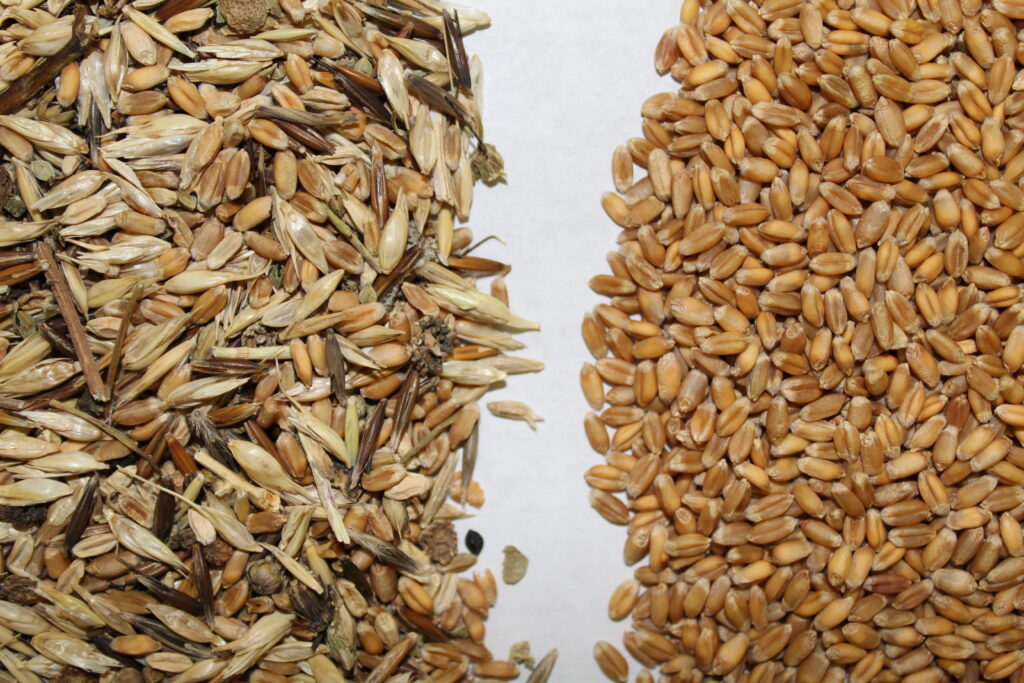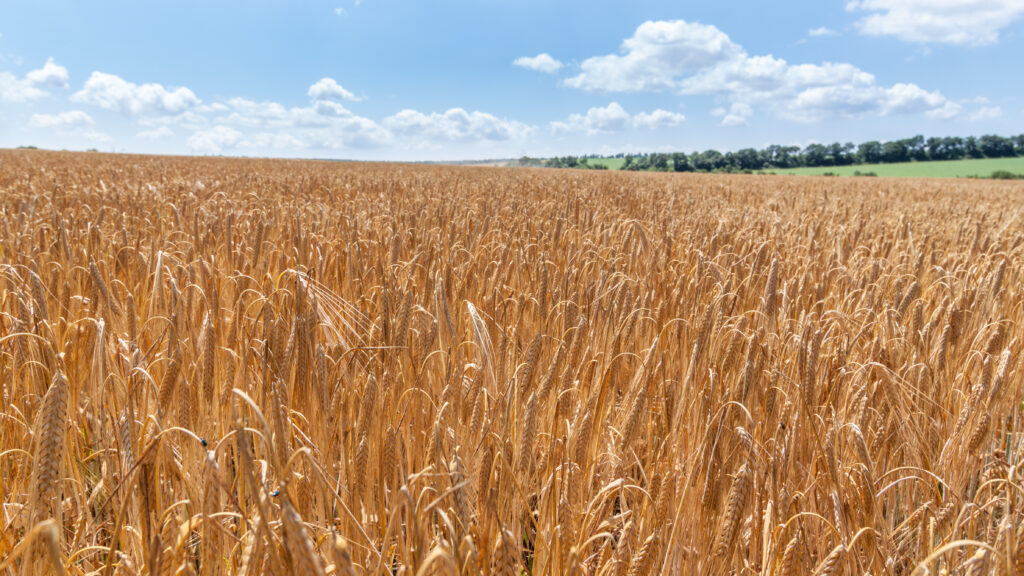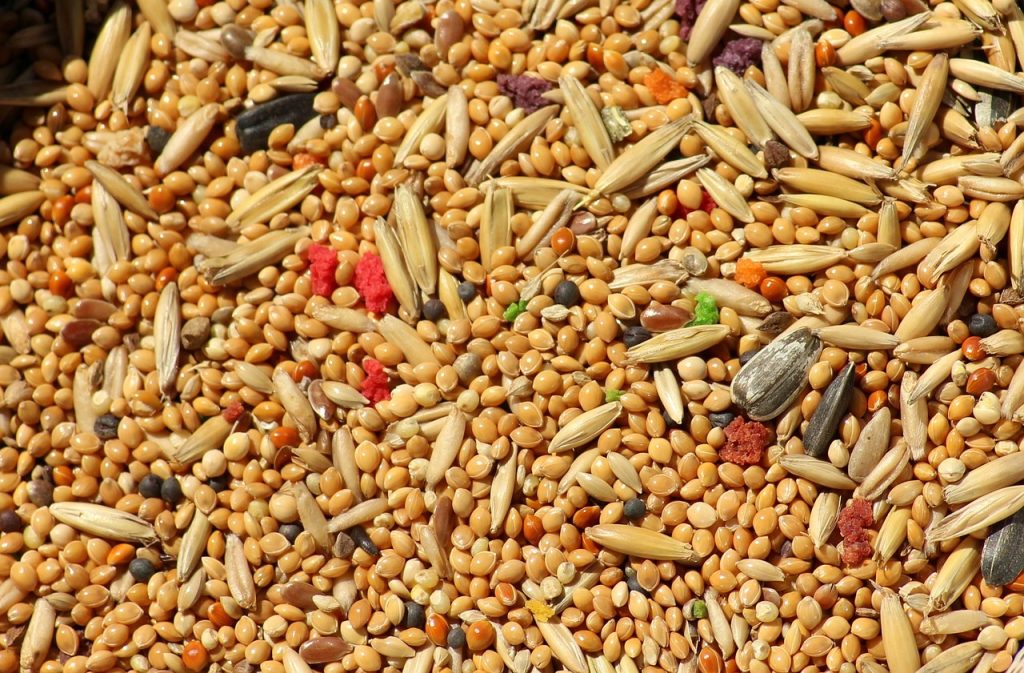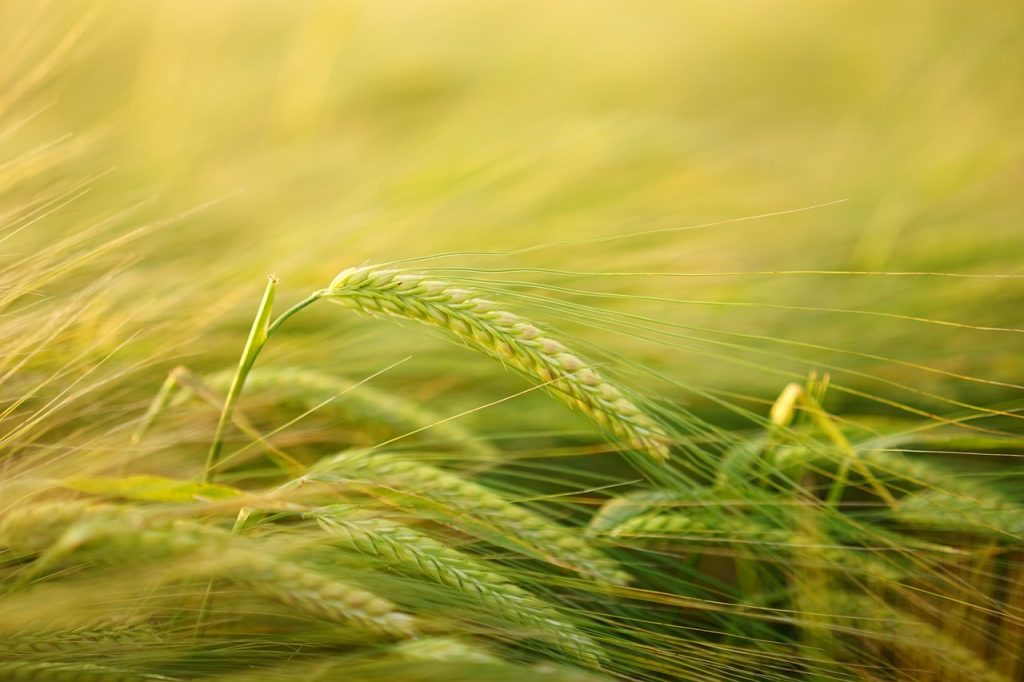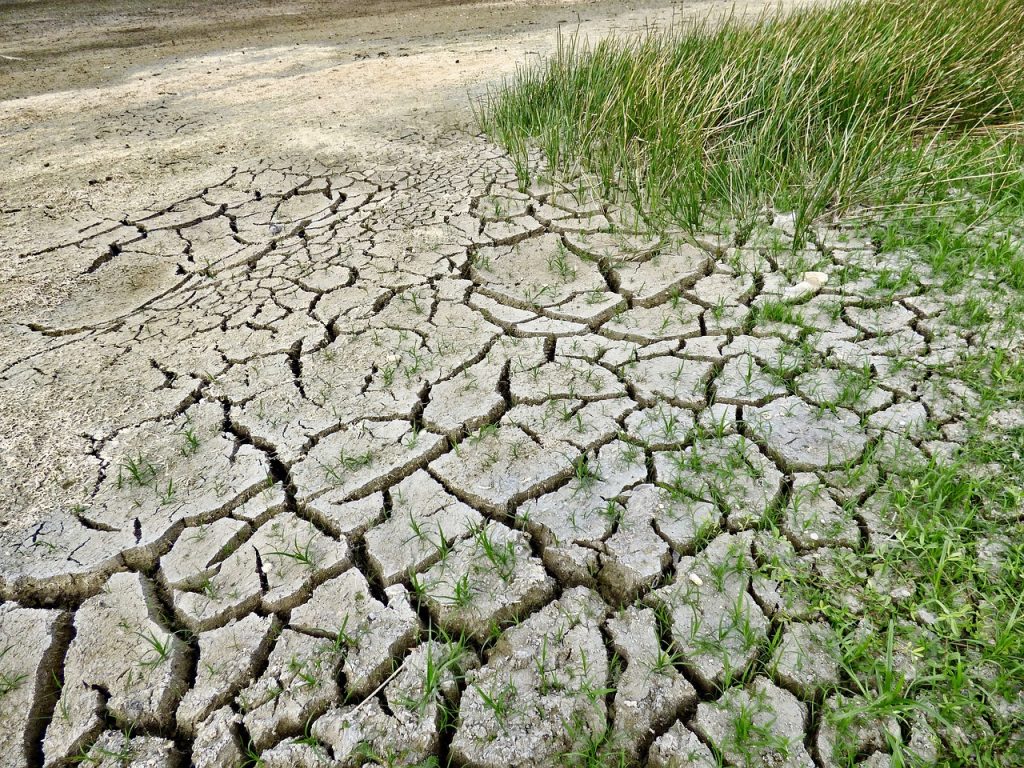Gluten is a combination of the proteins gliadin and glutenin, and is 80% of the proteins in wheat. We find gluten in rye, wheat, oats and barley. A characteristic of gluten is that it makes dough elastic and allows it to rise. In the food industry it is used as a binding agent, thickener and flavouring. This is where its name comes from. Translated from Latin, the word 'gluten' means 'glue'.
When someone has a sensitivity to gluten, their body is unable to properly absorb the protein. This can cause a number of symptoms, including bloating and abdominal pain, nausea, and diarrhea.
There are several ways to determine if you have a gluten sensitivity. One is through a blood test, which can detect antibodies that are produced when your body has trouble absorbing the protein. Another option is to try a gluten-free diet for a short period of time and see if your symptoms improve. If this happens, then you are likely to have sensitivities.
If you are diagnosed with gluten sensitivity, it is important to follow a gluten-free diet. This means avoiding all foods that contain gluten, such as bread, pasta, cereals and other grain-based products. Some processed foods may also contain gluten, so always check the label before eating. It is also important to know the hidden sources of gluten, such as soy sauce, malt and beer.
Fortunately, many gluten-free alternatives are available on the market, including breads, pastas and cereals. There are also many restaurants that offer gluten-free options on their menu.
By following a gluten-free diet, you can reduce symptoms and improve your overall health. It is important to consult a doctor or nutritionist to make sure you are getting all the nutrients you need. With the right information and support, living with gluten sensitivity can be manageable.

